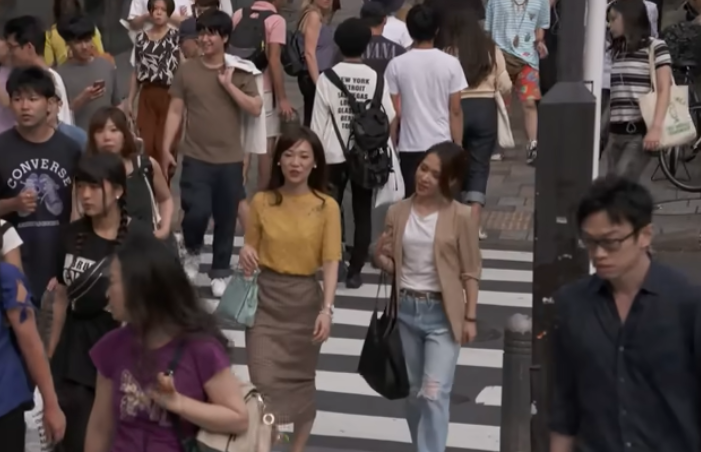A Japanese woman running a sex business has sued the state claiming that its blanket exclusion of the sex industry from a cash handout program to support small companies amid the coronavirus pandemic is discrimination banned under the Constitution.
The woman, who operates the sex business in western Japan's Kansai area has filed a lawsuit in Tokyo District Court demanding the payment of the benefits and compensation for having been discriminated against without any reasonable grounds, according to reports.
Recruit Co and Deloitte Tohmatsu Financial Advisory LLC, which are in charge of clerical work for the relief program are also among the defendants in the case, according to lawyers representing the woman. The government provides a one-time lump sum payment to smaller businesses suffering due to steep fall in their income during the Coronavirus pandemic.
A maximum of 2 million yen and benefits to pay rent are being given to small companies. However, the scheme does not cover businesses in the sex industry, such as companies that help in dispatching sex workers and operators of "love hotels" or provides accommodation for sexual activities.
The woman's representatives said their client suspended her business between mid-April and late May after local authorities requested closure to contain the spreading of Covid-19 virus. As a result, the woman's business saw 80 per cent and 70 per cent fall in revenue during the months of April and May respectively.

Reportedly, in June, the woman along with other sex business operators requested an official of the Small and Medium Enterprise Agency to include their companies in the handout program, however, their request was rejected. Supporters of the plaintiff said the government fears possible public backlash if it provides taxpayers' money to operators from the sex business, which might deepen discrimination against the industry and its workers.
According to the woman's lawyers, their client files income tax returns and runs her business according to laws regulating the sex industry and hence, deserves the handout.
In August, the woman in an interview with a leading media organisation said that her decision to go to court over the issue was because it concerns the lives of people who work for her. She also said that the state is yet to provide a convincing explanation for the exclusion. Yusuke Taira, who heads the team of lawyers representing the woman said that the exclusion of benefits to sex business is "irrational" and slammed the state for capitalizing on public discrimination. against the industry, according to reports.
Reports say there are more than 31,000 registered sex industry businesses nationwide as of 2019, according to the National Police Agency. Above 60 per cent of the businesses include dispatching sex workers and the number stands at 20,319. According to the Japanese Constitution, Article 14 vouches equality for all, prohibiting discrimination "in political, economic or social relations because of race, creed, sex, social status or family origin."









